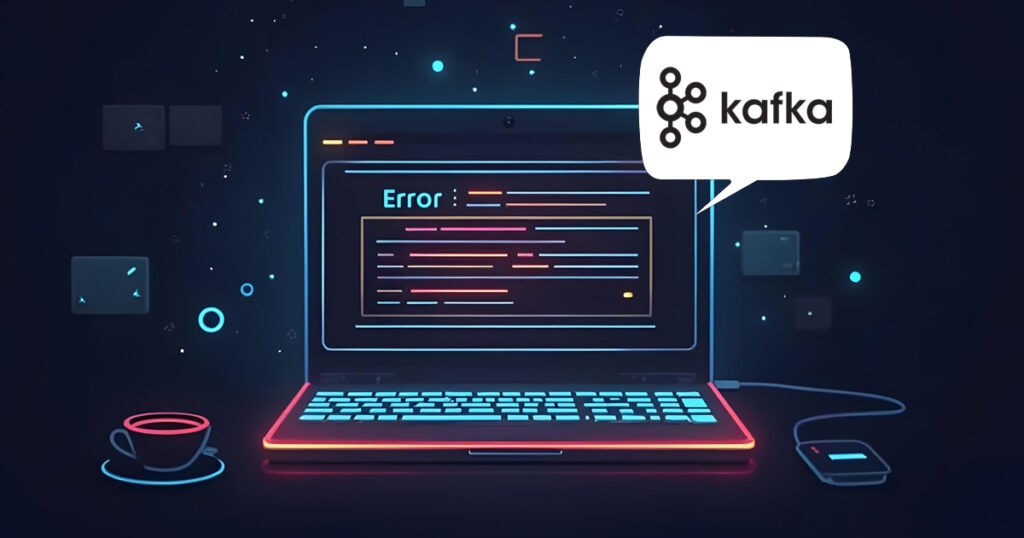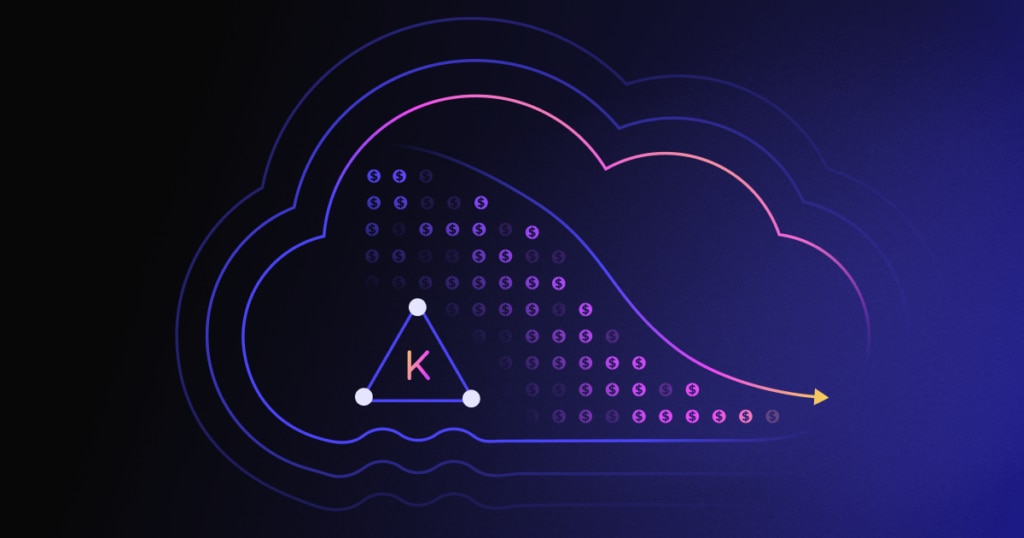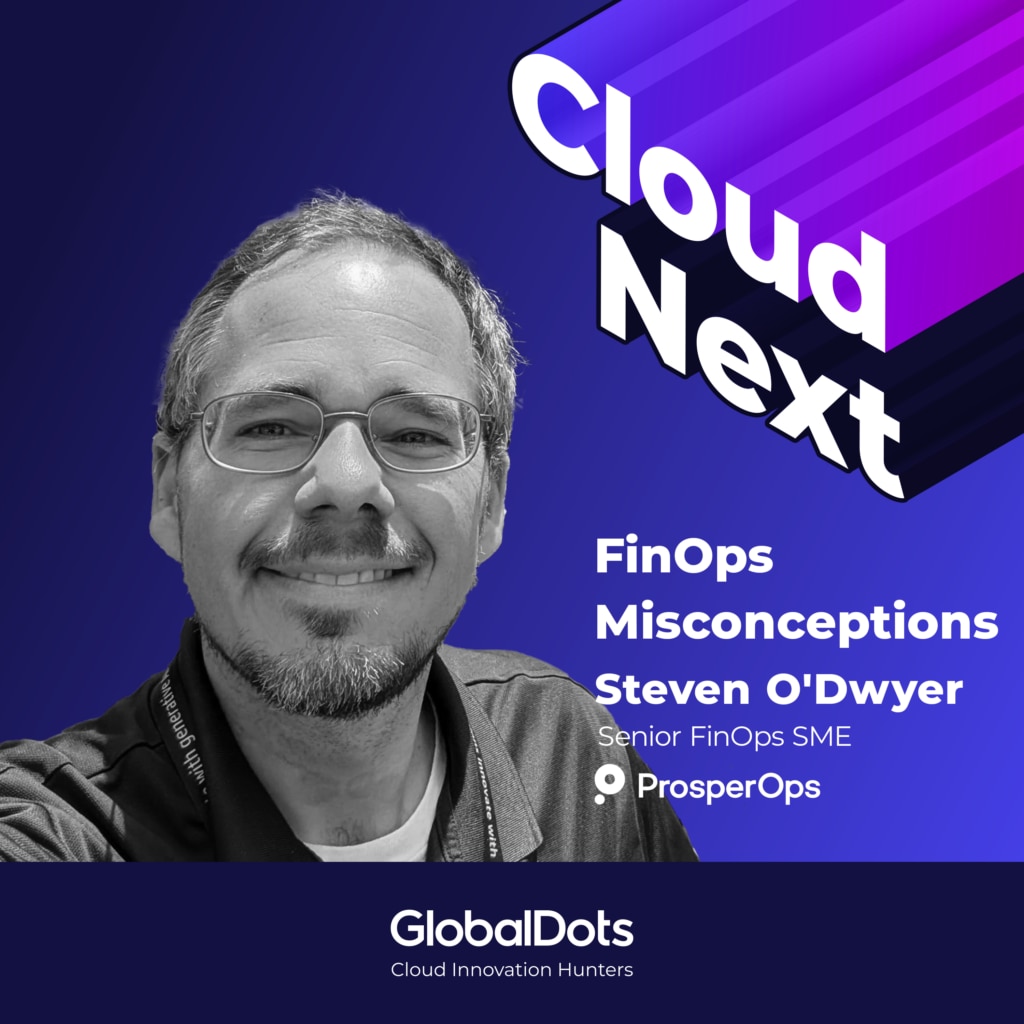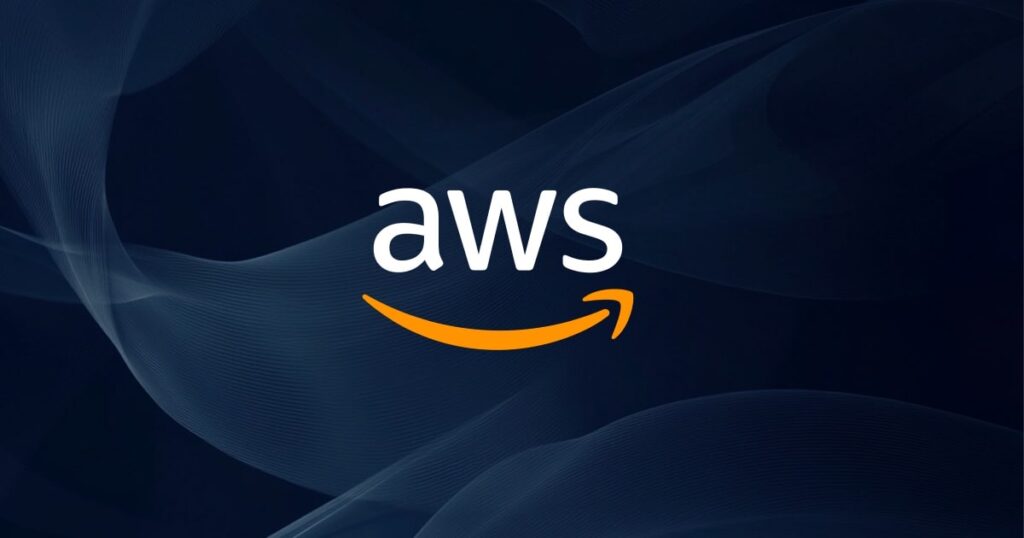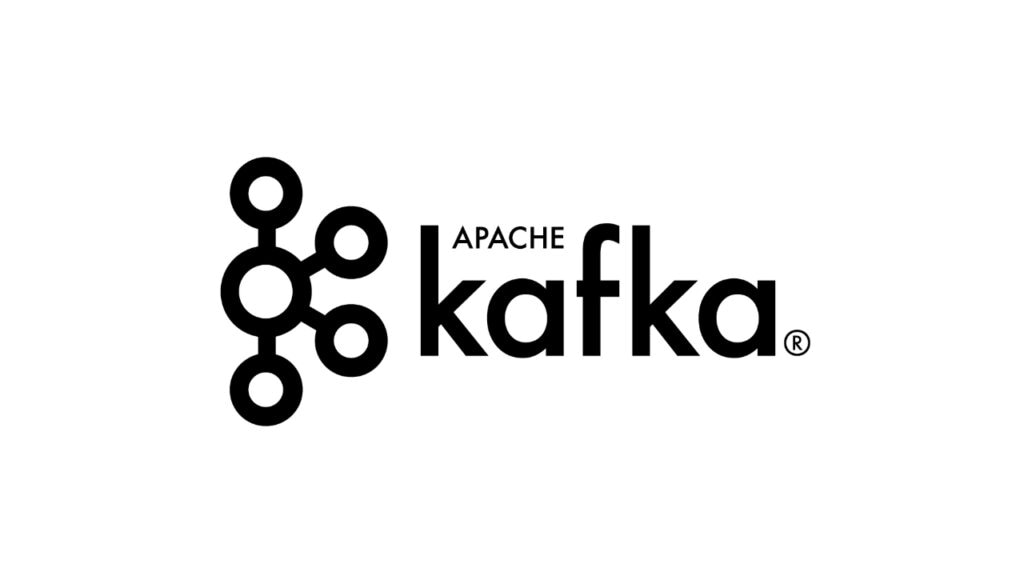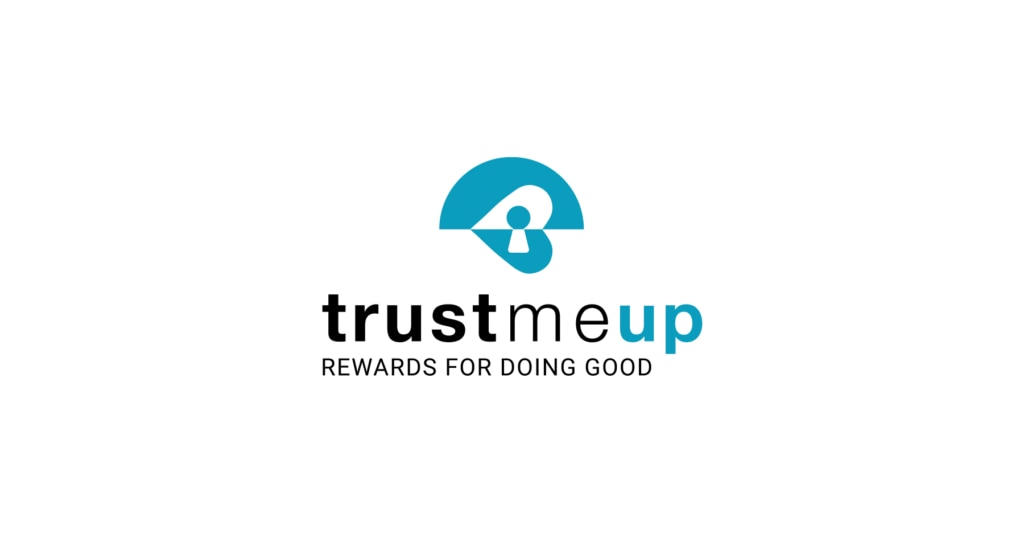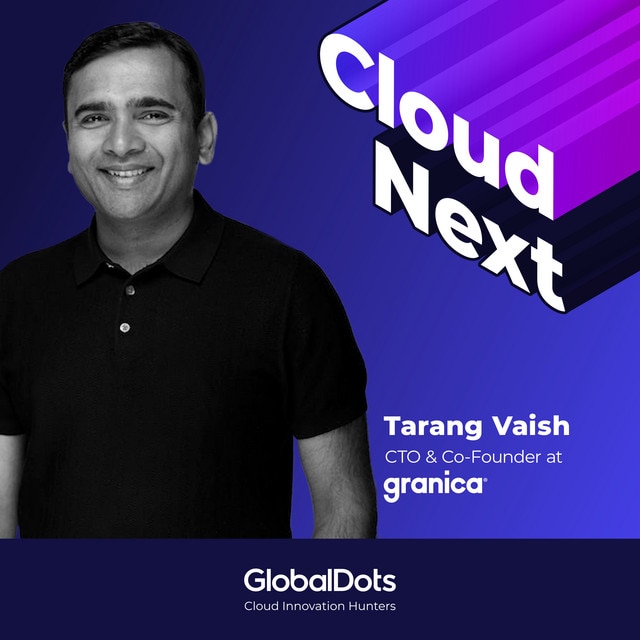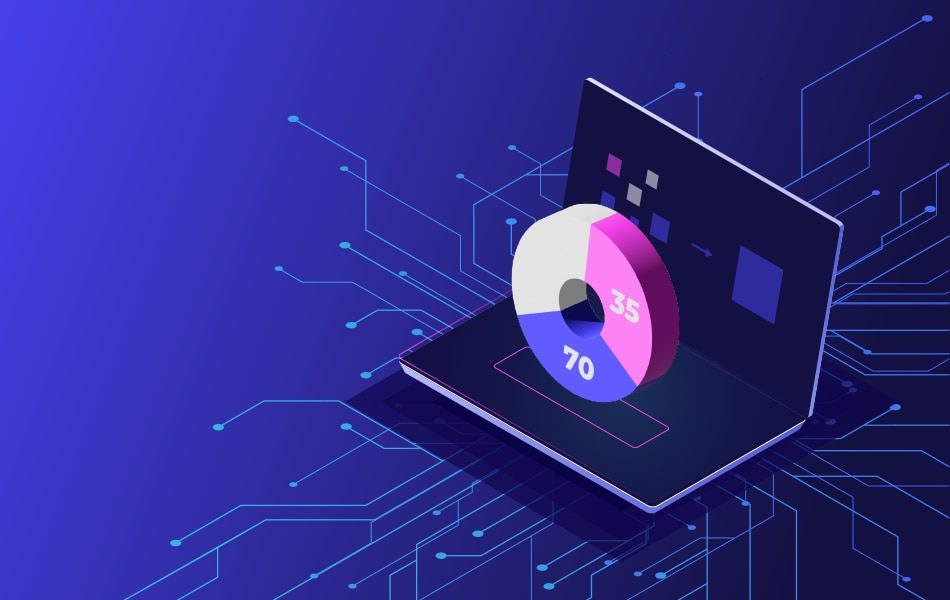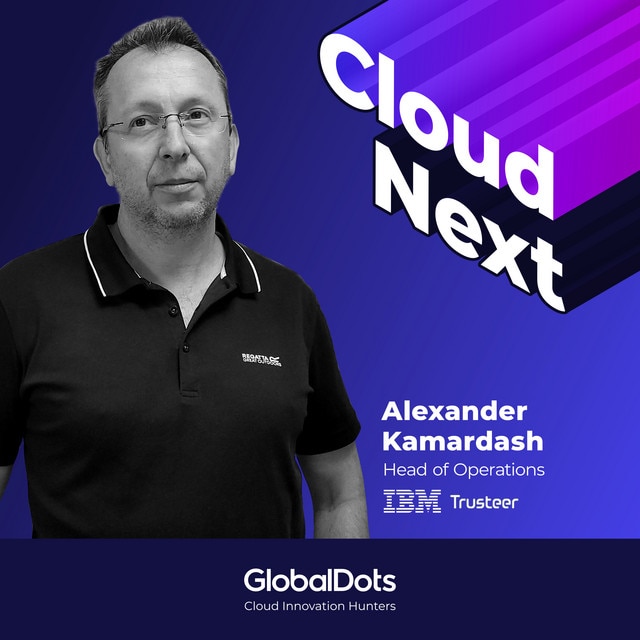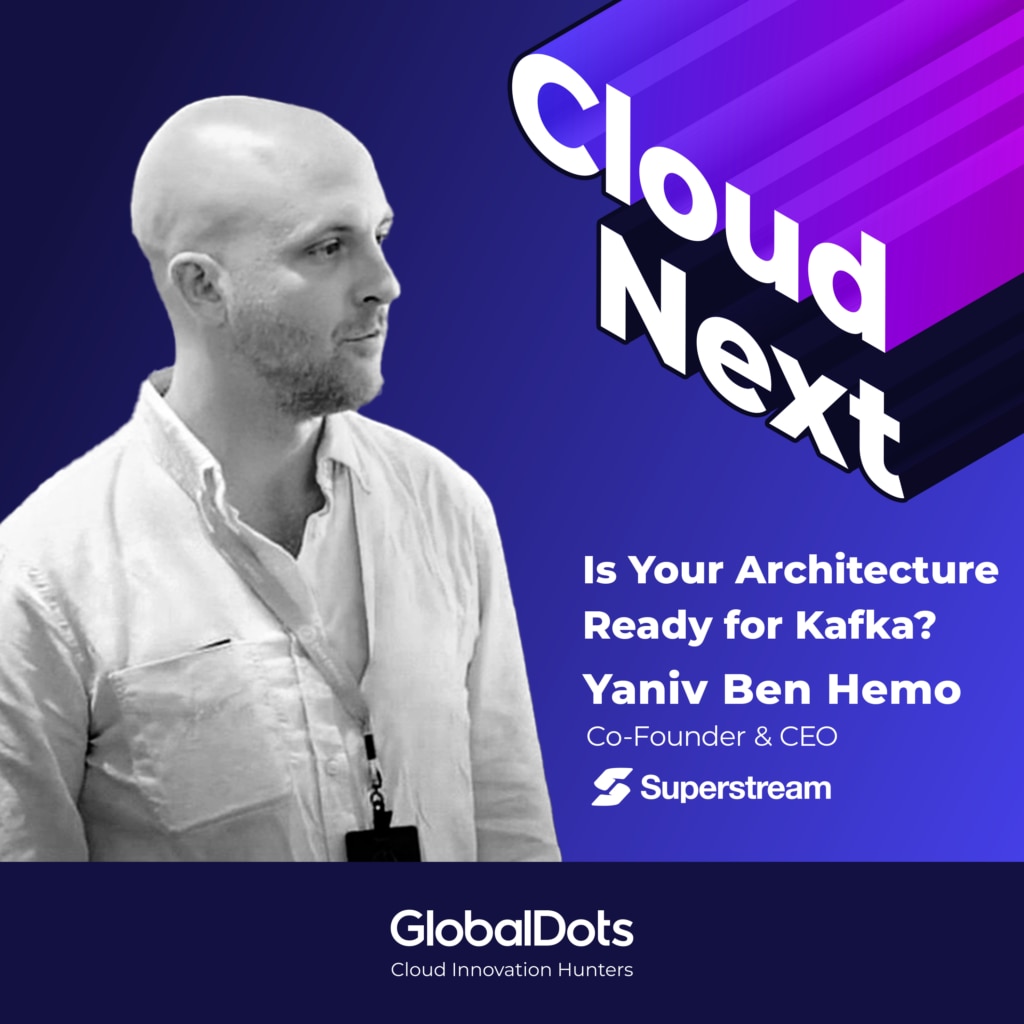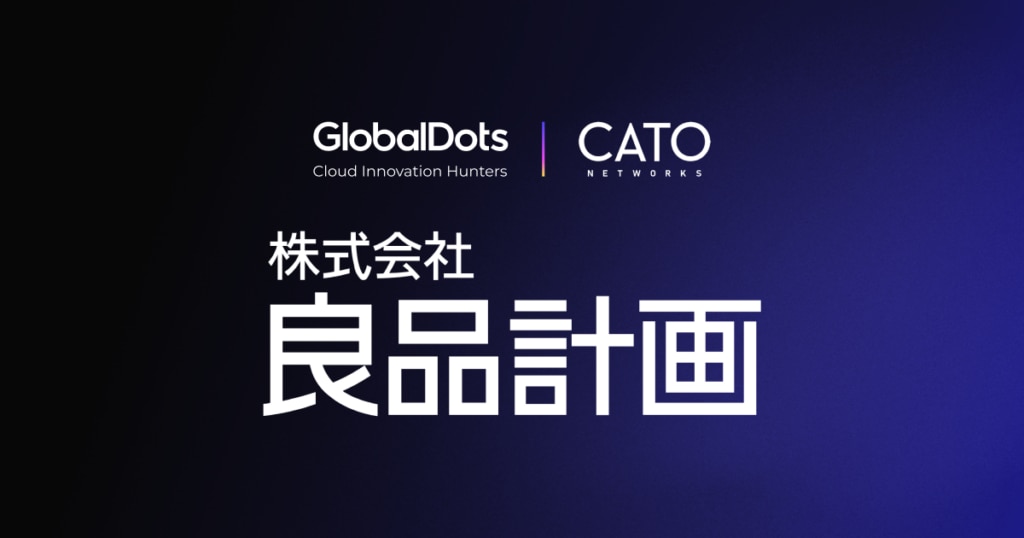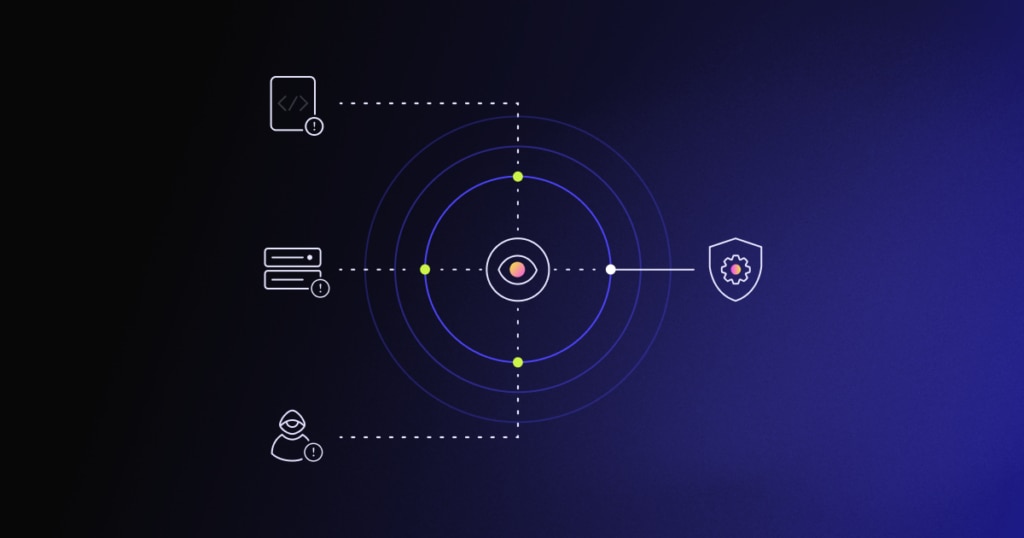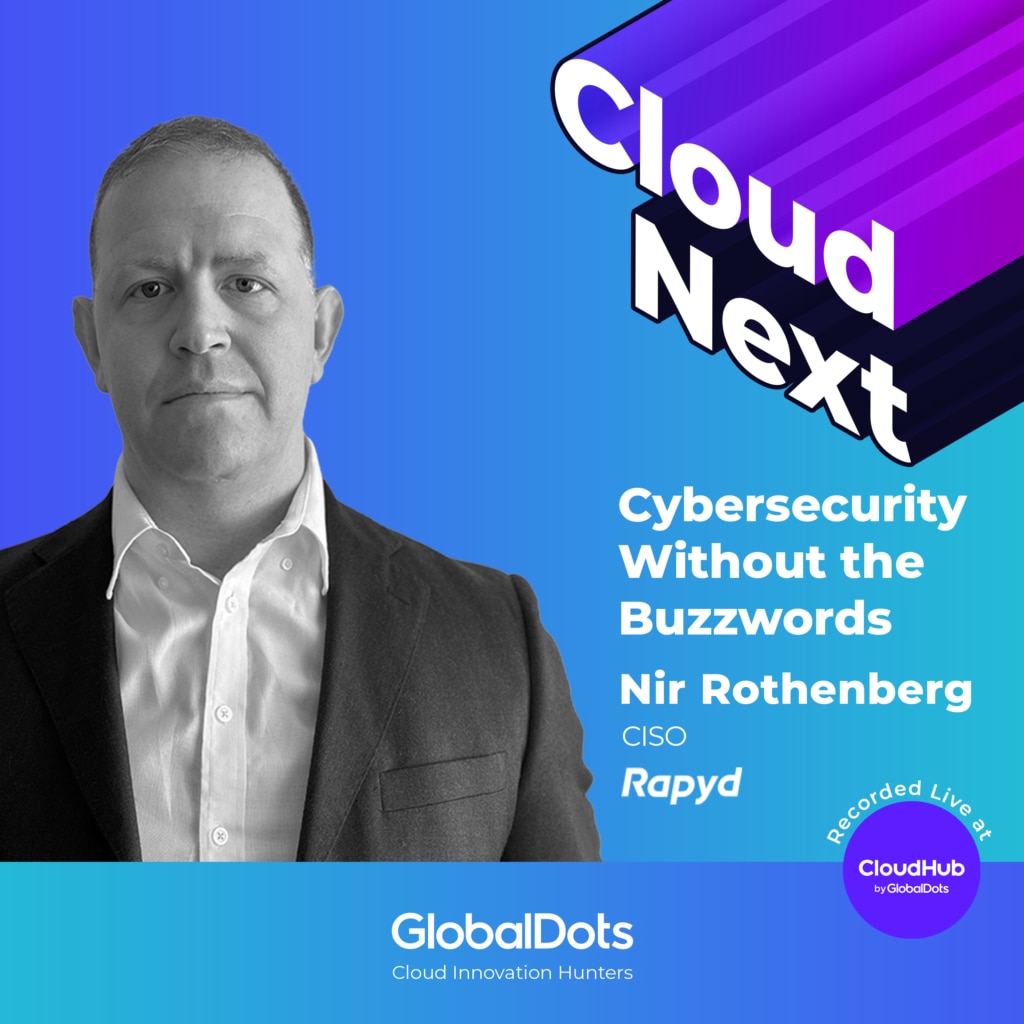This transcript was generated automatically by AI. If you find any mistakes, please email us.
Announcer
0:00:00
Hello everyone, you're listening to cloud next, your go to source for cloud innovation and leaders insight brought to you by global dots.
Ganesh
0:00:14
Cloud cost management is one of the toughest challenges for modern businesses and Ido Kotler co founder and CPO of Pellenor is tackling it head on. I'm Ganesh D'Awesome, Solutions Architect at GlobalDots. And today we talk with Ido about the challenges of cloud cost allocation, his innovative use of the EVPF sensor, and how his commitment to effective altruism shapes his vision for Pelenor.
Ganesh
0:00:39
Ido, before we start, what should people know about you? Tell the listener a little bit about yourself.
Ido
0:00:44
Thank you. And thank you for having me. So I'm Ido, one of the co-founders in Telenor and in charge of the product management team there. I'm 28 years old, so quite young, but I also started quite early. I started my bachelor's in mathematics at the age of 13, then my master's at 17, and then I moved on to cybersecurity and now to crowd cost management.
Ido
0:01:07
And while I think I don't use my mathematical knowledge a lot, it really affected my analytical-like thinking. So I tend to do that in everything in my life. So I used to do a lot of debating. I was the Israeli championship and the European debating championship. I used it in my philosophy in general. Like, as you've mentioned, I'm part of the affective altruism community, which I think is really guided by the same mindset. I think it definitely affects what we
Ido
0:01:32
do in Pellanor as well. We're basically analyzing costs and finding what's most important and looking at like breadth of so much data and finding like the core things people need to focus on is kind of those same structures and same like problem solving mindset that I really enjoy personally.
Ganesh
0:01:51
That's a great intro and kind of very discomforting to know that I spent a bit of time refreshing my math skills recently because I realized they weren't so good as they used to be. And probably at the age of 42, I now have the same math skills that you had when you were 13.
Ido
0:02:09
So we're on the same page. I wish I had now the same math skills I had at 13. It just goes
Ganesh
0:02:13
down like with the years. That's it. Yeah, you don't use it, you lose it, unfortunately. So you built Pellenord to solve a specific problem in the cloud space, what was the spark that led you to focus on that? What was the innovation for that?
Ido
0:02:30
Yeah, that's a great question. I think the one I get the most when people ask me about that is like, why not cybersecurity? We're already in that space, why not do that? So I feel that for me, what really led me into this space
Ido
0:02:42
is that you have a huge, huge challenge of costs both being immense at the moment, but also growing at an alarming rate. And people don't really know what to do about that, but also it's extremely measurable. So I think, for example, in cybersecurity,
Ido
0:02:57
I feel that people mostly sell kind of fear and uncertainty. And therefore a lot of things are kind of around who has the best marketing and the best narrative because you can't really test that. They think in cloud code, things are extremely testable. So if you're doing well, people can see that and measure you
Ido
0:03:12
and therefore if you have the best stack, you're going to win. And I think what kind of led me into that specific space is my experience in my past company. So I've been mainly building kind of the new products for that company. So a lot of POCs for new product lines, et cetera. But at some day, the CEO came to me and my team and asked us to look at the $200 million a year kind of cloud costs we had at the time. And looking at existing tools didn't really
Ido
0:03:41
say a lot about that, but understanding kind of the technological context of what happens and my experience within the company as well led us to find what are the specific like bottlenecks I'd say within the cost. What are the main drivers that if we optimize them
Ido
0:03:58
we're going to save quite a lot. And I think that when I saw that that's tractable with the right tools, but the current tools aren't there yet then I thought that's probably a good idea to start a company around.
Ganesh
0:04:09
That's super interesting what you said in relation to the non-measurability of a lot of these other products. And I actually fully and have an open heart for the CISOs of the world and those people in the security space because if you get it right 99.9%
Ganesh
0:04:30
of the time nobody cares and you get it right, you get it wrong sorry 1.1% of the time and everybody cares and yeah it's often quite a gray area and particularly when you're trying to sell a company or start a company or startup because you're selling the idea that you're protecting them for something that they can't see at the moment. So it's a it's very sort of ethereal conversation in some times like that way. I don't want to fall down a rabbit hole about that because that's talking about security tech. We're talking about Pelanor.
Ido
0:05:01
I always like bashing security tools so maybe another time.
Ganesh
0:05:05
Please don't. I could really go for a long time. I saw so many security tools and I'm not going to name names but I saw ones that I thought this is the best thing ever and nobody bought it and I saw one where I thought this is just simply a nice UI and everybody bought it so you know you can guess which ones to your heart's content but yeah so I yeah it's a very strange world but in the in the FinOps space I completely agree with you and I've personally been involved with FinOps since seven years ago and seen how the market has evolved there. And I mean, one of the key things with a lot of these technologies is it's a pay to play
Ganesh
0:05:49
or pay as you save model, not always, but often. And you have to have the metrics there or else you don't get paid as a company. And that's really what proves it as an industry and what makes it quite popular, and particularly from a sales aspect. But you mentioned that those tools aren't really working at the moment. So why are they not working at the moment?
Ganesh
0:06:13
What's making it so difficult and why are you different?
Ido
0:06:16
So I think it's mainly about cloud environments, cloud architecture very much modernizing over the last few years, but tools just didn't catch up. So if you look, for example, at the security space or the DevOps space or the durability space, you can see that they are quite on the frontier of things. But I think in FinOps, people came more from finance backgrounds when building those tools, or from the IT background. There are a lot of companies that started as ITAM and moved a bit
Ido
0:06:43
to FinOps. And I don't feel that they really understand how people use the cloud these days. And I think the way it comes into place is that you see more and more, for example, things like big shirt services or big multi-tenant services where finding like what's a specific team or feature or customer or like a business context, kind of my unit economics as a company, really doesn't tie to my architecture. So that's on the one hand, kind of the business side.
Ido
0:07:09
But I think also from the optimization side, when you're looking at things like right sizing, which is probably the most common phrase for optimizations, when people use things like serverless infrastructure, or when they use auto scaling, both in their Kubernetes clusters or in their Spark clusters or in whatever, like there is auto scaling for everything these days, then right sizing isn't really something that makes sense. And when you want to find things that match the way large companies and definitely tech companies work these days, you have to move from the infrastructure layer to the application layer.
Ido
0:07:39
And that's the only way you can both tie to the business and find optimization opportunities. And I feel that no tool today really does that well. And that's kind of the core problem that we are solving in Pelenor.
Ganesh
0:07:50
Again, can only completely agree with you from seeing what those tools look like over the last seven years. And I think people out there here in this space probably know of AWS Cost Explorer, and it's not super useful at all, really. And I think a lot of these other tools that came before, I'm happy to mention CloudHealth and the likes of those tools.
Ganesh
0:08:19
There wasn't really a lot of value in them, other than giving you slightly nicer visuals and a slightly better breakdown.
Ido
0:08:25
Yeah, I think mainly, like, they were created in a time where Cost Explorer didn't even exist in the broken way it works today. And therefore, you just downloaded like massive CSVs and you had like many, many different files and you needed a way to look at them. So at that point in time, having basic BI capabilities was good enough, but it's not good enough anymore.
Ganesh
0:08:45
No, I'm totally with you. And I actually talked to somebody recently about the generations of tools. We're in the third generation now, if you were to put them in the mindset of generations. I know specifically your technology uses eBPF, which is pretty unique in the finance space.
Ganesh
0:09:06
We see a lot in security and we see a lot in monitoring space, but we don't see it so much in the finance space. Maybe you could give us for the listener that doesn't know, and I appreciate this is a very hard job to condense it, but a small introduction as to what eBPF is and how it's critical to solving the challenges that Pelenor are facing.
Ido
0:09:26
For sure. So, first of all, I'd say that it's true that we use eBPF and it's definitely critical for some of the things that we're doing, but our approach is a lot broader than that. And I think, as you've mentioned, a lot of it comes from our cybersecurity mindset, like understanding how the cloud works, what's the best way to get metrics, what's the best way to understand the relations between the objects.
Ido
0:09:46
So, for example, like many modern cloud tools, we have a graph database and a graphical way to show how resources affect one another. Or we use things like the cloud native APIs and metrics and log sources to get a lot of information off things. But often those things are not enough to really understand the application level context. And therefore, we are also using like runtime data
Ido
0:10:10
from our eBPF sensor. And eBPF, generally speaking, is kind of the more than way to do observability. So in the past, people used to or even today, like many companies, but people like needed to trace within their applications or add through SDKs, a lot of specific metrics they want to send out and logs they want to send out.
Ido
0:10:32
But that thing is not really scalable. And it's even a lot less scalable when who's pushing for that is not the developers, but a centralized team like what happened in Pnups. So if you only rely on your developers to add the relevant metrics within feature,
Ido
0:10:46
a centralized Pnups team is gonna run after and chase after 200 different engineering teams and make them update their metrics, etc. So that's definitely not going to work. So what eBPF does is allow you to, from like the node level, from the kind of where the
Ido
0:11:02
applications run on without touching the applications themselves or changing any line of code within them, still to put hooks to collect specific types of application level metrics that interest you. So for example, how many requests are being done from which service to which service? Or which queries on which database are being done from which service? And the neat thing about eBPF is that you can do that even if the network is encrypted
Ido
0:11:27
or even if, for example, there are many different types of programming languages or even if people update their code all of the time, you don't need to chase after that, but you do it from the kernel level in a way that's both secure, but also very performant. So that allows us to collect all of those cost-related metrics that we know works best
Ido
0:11:47
on like finding how resources affects one another, or what drives the cost of different resources in a way that is scalable to the enterprise level, basically.
Ganesh
0:11:56
Totally great breakdown of what an eBPF sensor is. And actually, the first time I'm aware of your product and the first time I saw that, I was kind of like, this is the black magic that we've been looking for. It's the, and if people don't understand,
Ganesh
0:12:12
it's very common inside infrastructure to have shared aspects of that. And it could be shared databases or shared Kubernetes clusters or shared X, Y, Z, you name it. And actually trying to break down, okay, who has called this cluster, who has spent time running
Ganesh
0:12:30
a query on this database. It's in the old days, you just used to split it between the different departments, pick a random percentage or pick some, you know, just pick a percentage which you feel about matched the different cost units in the company. And then that was it, everyone just had to move on. It'd be nice for you to deep dive some of the more technical cases like that. So just so people really understand the power because for me it really is like black magic what you're doing with that. So
Ido
0:12:59
maybe you have like some nice examples. Yeah of course. So first of all I think it's important to kind of explain why cross-allocation is so important within this space and then we can go after like the specific use cases. But the way we look at that in Pellonori is three major pillars. So the first of which is as a way to create accountability within the organization. So centralized FinOps teams can't really be in charge of chasing all of the different FinOps tasks within the organizations, both because they don't have the permissions to do so, but also because it's usually like two or three people
Ido
0:13:33
in a very large company. So the way to actually create change is by making every engineer accountable to what they're doing. And the only way to do that is by having the right incentive structures that people trust and giving them the right data to actually take the right actions about that. And I think cost allocations really tie into that because when you're using shared services, let's say you have like a very big data lake, for example, or a data warehouse that everyone
Ido
0:14:00
within the company is using, then if only the data team or the platform team would be in charge of that cost, they wouldn't have a lot to do about optimizing that. But once you make people accountable to what they're doing, and then you see, for example, from either the metrics that we collect or the eBPF sensor that shows us for workloads, how it's using the data lake, then you're seeing that, for example, 20% of that cost comes from this specific team. And now the next month, this team is getting a bill for, let's
Ido
0:14:29
say, $200,000 off the data lake usage, which they didn't use to get until that month. And then they were starting to think, is it really worth it? Like, what are the queries that I'm running on top of that? Am I indexing my tables in the right way, et cetera? And those questions wouldn't have been on their mind otherwise, because they didn't care. They weren't measured on those types of things. So having this accountability that only comes from cost allocation is critical to democratizing
Ido
0:14:56
those costs and pushing forward kind of the sort of projects you can do in a company. But, but second, very differently, I think besides the low level changes, it also allows for much more higher level business changes. So once you know your unit economics,
Ido
0:15:11
and for example, your cost per customer or cost per product, or which actually of your breadth of features impacts your cost or even like flows within your applications impacts your cost like in a big way, then that can drive product decision or pricing decisions, which are even more critical to the efficiency and the profitability of a company. So we've worked with a company that, for example, found a way to change our pricing model in
Ido
0:15:36
a way that is now split between different tiers of customers because through our applications knowledge, they found out that large customers very differ in their cost structure internally than medium sized customers. And they should use different metrics
Ido
0:15:50
to charge each of them. So that kind of decision making really impacted their margins, their business, but that could only have happened through understanding of the unit economics. And that requires that in-depth application level knowledge of within my multi-tenant
Ido
0:16:07
application, how much this type of customer is driving my cost versus that other type
3
0:16:11
of customers.
Ganesh
0:16:12
And I love the idea of just democratizing that, but also giving a really solid view into each engineering team. And I've heard a few ideas around how best to approach that wall of fame, wall of shame to show the most expensive versus the cheapest or the most efficient. And I spoke to a company recently and they have like a, DevOps guys love to have stickers
Ganesh
0:16:38
on their laptops generally. So they created like a $500, $1,000 and a $2,000 sticker that said, I'm a FinOps pro. I saved $500 or I saved whatever. So kind of gamified it to get people interested in the topic. But yeah, it's essentially just something that wasn't available until recently really
Ganesh
0:16:58
or not properly available. Yeah, very cool. And the unit economics as well. It's so crazy, so crazy how many times we go into customers and we're like, okay, what's your KPI? What do you measure? And they just don't know. They just don't know. Totally crazy.
Ganesh
0:17:21
And sometimes you can't even help them because you don't know their system. You don't know what their business impact is. It's pretty wild.
Ido
0:17:26
Yeah, I think it also makes every other effort you do in cleanups a lot harder because oftentimes you might implement kind of a cost reduction effort, but see your costs still grow. And the reason it grew is because your business grew at the time, because
Ido
0:17:40
it took you a couple of months. And maybe, especially for smaller companies, a couple of months might mean like tens of percent change within the usage of their platform within that point in time. And it doesn't really tell you a lot. So when you look at the normalized cost, kind of the cost per unit for the units that you care about, you can actually see if you made a difference or not. And that's true both for reduction, but also for anomalies, like whether that anomaly was driven by more usage or by just, you know, a mistake made by some of the
Ganesh
0:18:11
engineering teams. Yeah, that's quite funny, actually, because we often have conversations with people about overages in contracts. You know, I'll speak vaguely to protect everybody. But let's say you have a thousand domains that are covered with a web application firewall and then you put in an overage price if you add another 200 domains. And we often get a lot of pushback from customers saying, you know, we can't afford that price if we up an extra 200 domains.
Ganesh
0:18:40
It's like, well, if you have another 200 domains, doesn't that mean you have another 200 customers? So you should just automatically be able to afford a higher price rate on it. But those kinds of things end up in some sort of political slash debating battle, which brings me to something I did want to ask. You mentioned your history in debating,
Ganesh
0:19:01
which I wasn't aware of at all. How do you feel like that helps you in convincing people to that they need a technology like this? Or how does that play out in a business world, if at all?
Ido
0:19:12
Yeah, that's a great question. I think mainly like people kind of mischaracterize debate and think it's very much like argumentative or trying to show your right at all costs or whatever. But I think actually the way debating works within like professional competitions is that you really have to listen to the other side and find kind of the crux of your disagreement with them and then touch that point specifically.
Ido
0:19:35
So I think, especially in sales or in like sales engineering, et cetera, that point is the thing I got the most from debating, kind of listen to the pains of the other side and the way they described it, which is very much different than the way I think about it, because they don't know my product exists. They don't know my framework of thinking.
Ido
0:19:54
They're still very much like within their old way of thinking about how they should do things, but still identifying kind of their specific pain, what would I touch on that would talk to their needs the most is something that, especially within like a short conversation with someone, doing it quickly on the spot and touching the right thing is often extremely important.
Ganesh
0:20:14
That's very interesting. I never, I was one of those people who just sort of considered debating that like you have to win type mentality, but actually it's way more aligned. I read a book recently called Nonviolent Communication by Marshall Rosenberg. I don't know if you've ever heard of that book, but the crux of it is that you need to hear the person's pain and you need to replay that person's pain to them in your own language so that they know you've understood and they feel heard before you can move on to anything. And actually,
Ganesh
0:20:46
if people did that a little bit more in the business world, we might all get on a little bit more rather than just like assuming we have the answer and just like pummeling them with features and facts before we hear the actual pain that they wanna be heard for. Anyway, that's a philosophical.
Ido
0:21:05
Yeah, for sure. And I think it would also make everything much more efficient. Like one of my favorite things as a startup is being able to say to people, sorry, this is not a good match for us.
Ido
0:21:15
We're very focused at this point on specific pain, specific customers. And it just kind of wastes both of our time if we go into a POV and then we're not going to be aligned at what we're solving, what you need. So making sure we're full aligned is definitely critical.
Ganesh
0:21:31
This is one of the joys of being the chief product officer and the founder. You can turn things away. We talked about the technology, we talked about the eBPF sensor and some of your history and debating and things, but interestingly alongside that, you're also deeply involved in effective altruism, which we really don't hear from a lot in the tech industry. And I had to Google it to really understand what it was before we had this chat, but how has this philosophy influenced your vision
Ido
0:22:04
for Pelennor? First of all, I think it's probably important to explain what Effective Altruism is. Probably a great start, actually. Yeah, so the way I think about it is it's kind of a frame of thought or like a social movement that goes around, first of all, like the fact that you should do more good, like as a person. Like there are a lot of people who suffer in the world. There are a lot of bad things that happens.
Ido
0:22:31
If you're in a good place yourself, you can probably take more actions than you're used to to affect other people's life. But as importantly, when you do that, you need to use an analytical mindset and find what's the best way of doing that.
Ido
0:22:44
So for example, my grandmother died because of a specific type of cancer. And I think a lot of people in similar situations, you can definitely see that with like the billionaires of the world, then would start like something for that specific type of cancer to help people in similar situations. But actually, I don't think, I don't care personally, like I don't find like vengeance toward that cancer, right? Like what I didn't like
Ido
0:23:07
is my grandmother suffering a lot. The fact that she had like 20 years less to live and to experience because of that disease and the way it affected me, my family, our friends, etc. And therefore, when I think about those things, I wouldn't want to fight that specific type of cancer, but I would want to fight whatever causes people that type of pain in the most cost effective way. I think what people often miss is that there is a vast difference between what you can
Ido
0:23:37
do with the same amount of money. So for example, in like Western countries, let's say Israel, the US, the UK, with $5,000 you can't really make a lot of impact on people's life, like save them. Why is that? Because the government even subsidizes everything that's below, I think, even like $10,000 or $20,000 is fully subsidized if it's life-saving. So you wouldn't be able to easily find kind of life-saving things that cost a little. But if you're looking at the more like developing world, then with $5,000 you can do quite a lot. And actually,
Ido
0:24:11
a lot of research was done and you have like a list of charities you can look at that kind of guarantees that if you donate $5,000, then on average you save a child's life and a bunch of from suffering that they wouldn't have had otherwise. So I think what's critical about that is to understand that sometimes there is like 10X or even 100X or even a thousand X impact between different charities
Ido
0:24:35
that operate within the same space. And you need to find the best ones because it's kind of like winning the lottery. It's kind of like finding the way that would have a lot, a lot more impact than if you just randomly choose what you want to do.
Ido
0:24:47
And the way to find those things is by doing research, is by actually looking at the impacts of things, measuring that, looking at the alternatives, what would have happened otherwise and would those people get better or worse if we just done nothing or let life continue as it is, and then see if you're actually making an impact or not. And I think that's definitely also ties into a lot of things within my way of thinking in general, of like finding out what's the most effective path to value and find out ways to analyze that and not just take random bets that might sometimes success,
Ido
0:25:24
but sometimes might not do anything. And you might even not know they didn't do anything. Like I think often in FinOps, people choose their own like random metrics that they think are leading their business's cost, but then they optimize that, but then nothing changes because he actually only affected like 5% of their total cost because they didn't know what's happening. So being data-driven is extremely important and I think that's true both for helping people but also in whatever you
Ganesh
0:25:51
do within your line of work. That's nice, thank you for that and great unpacking of effective altruism. I don't suppose you'd have like a specific example in the world of Pelennor where you did that, where you had a data-driven decision that was really impactful?
Ido
0:26:09
That's a good question. I think all of the decisions we're helping people make are data-driven. But when you tell like a specific example, it always sounds like simplistic, like extremely simplistic because once you have the data, everything's easy. The question is like, how do you get this data? How do you make these decisions?
Ido
0:26:27
So often you find things that are extremely impactful, you just didn't know because you didn't have the data. So I think an example for that is that very recently we worked with a company about their networking costs. And networking is often a black box within cloud costs. You see like one line item for your NAT gateway
Ido
0:26:47
for that VPC, for example. You see within your cluster a lot of cross AZ costs that you can't really know who caused that. You just see that it's 30% of your cluster's cost, for example. And what we have found once we've brought that data to them
Ido
0:27:02
is that the vast majority of their cross AZ costs in that scenario were caused because of an internal monitoring tool that wasn't configured properly. And then solving that was basically a configuration change that puts shards in the right AZs and make
Ido
0:27:16
applications that send the data to the right AZ and not cross AZ. But that saved them, I think, hundreds of thousands of dollars a year, just that specific change. And it was extremely easy to do, like a couple of hours work, but you can only find that specific application between all of the different things they run on their cluster and all of the different applications that communicate with each other once you have the right data and you know
Ido
0:27:39
where is the bottleneck within your networking cost in that scenario. That's real needle in
Ganesh
0:27:45
a haystack stuff. Yeah. But that's a great example so thanks for unpacking that. You're obviously pretty deep in the FinOps industry generally and you're speaking to a lot of customers on the sort of on the weekly or on the daily. What do you think the companies need to do differently to manage their costs effectively that are not doing today?
Ido
0:28:08
So the way I would phrase that is that people need to focus more on the bigger picture and kind of think from first principles and not get into like chasing an immense amount of low value opportunities, which I think people tend to do because it seems easier.
Ido
0:28:31
So like in cybersecurity, you have like all of those like false vulnerabilities and like chasing 20,000 things you need to update every second. I think in FinOps, they might not be false positives, but you do have kind of the same things that often making the engineers take action on those things, which, by the way, what a lot
Ido
0:28:53
of the current automation tools do as well, they open JIRA tickets for engineers, but they don't delete machines from production environments because no one would allow them to do that without someone taking a look at that. But the engineering times needed to work and understand and get the context and fix the issue sometimes might not be worth it on how much the issue really affects you. And on the other hand, oftentimes, finding those big things that really drive your cost is something no one's doing because it seems intractable.
Ido
0:29:25
So finding out what are your cost drivers from first principles, what's the thing that if you're going to squash or cache or re-architect, you're going to save 50% of your cost, which can often be done in most applications. Like ask any engineer on a specific flow, if they take two weeks, could they do it twice as fast? In most cases, the answer is going to be yes.
Ido
0:29:46
But the question is what they should focus on specifically, where is the big bottleneck? And for that, you need to think bigger. You need to find out for your business, what's going to make the most difference and how can I not look at the chaos
Ido
0:30:00
of like those low hanging fruits that oftentimes are not worth it. And I think that's definitely missing from the way most people tend to think about the role within the FinOps space.
Ganesh
0:30:10
What do you reckon the barrier is for that? Because I would say the reason that you don't have somebody looking at that is you probably have to have either a named FinOps personnel or you have to have a named optimization architect and I just I feel that unless you're in the several hundreds of thousands of dollars a month built in AWS I don't feel like you're gonna have one of those in your
Ido
0:30:40
organization but what do you feel? So I think it's even harder when you have that person within your organization because I think you like from my experience smaller companies that have like their VP of R&D or chief architect looking into cost actually do those things more often than larger companies that have that Phenops person. Because for that Phenops person, especially if they don't come from like a very technical background, what I've mentioned earlier seems a bit too hard to
Ido
0:31:08
do because they don't know the architecture of their company and they don't really like like it's so much easier to say, here I have an endless list of small tests to do, I'm going to go over them one by one. I think what's missing for those types of companies is the right data to find like these types of projects.
Ido
0:31:29
And that's kind of why also we've set like what we do in Pelano in the way we do, because I think making that data accessible at large scale for large companies is often very difficult, but with the right tool, it can be easy.
Ganesh
0:31:46
See, you are very good at debating because I put that question there with what I thought was in my mind, and you've actually convinced me that, no, you are correct. Because when I actually think about the customers we deal with, the most inefficient ones are the larger ones.
Ganesh
0:32:00
And it's probably exactly for those reasons, or definitely in part for those reasons. Great, so we sort of get to the close of the podcast and we like to ask what was dubbed
Ido
0:32:13
the DeLorean question, but about myself as well, to keep my eyes on the bigger picture. I think, especially as a founder, it's really easy to really focus on what's happening right now, like this POV, this feature, this deadline, and put everything you have on that. And I think both, like, the mentality of doing that is often tough because you're going to fail a lot. And when everything is like the most important thing, then you have a lot of grinding happening to you. But also, it makes you get farther away from your vision. And I think often your vision is more right than this specific customer problem because they still live within the present and you live within the future.
Ido
0:33:18
And often saying no and saying to them, this is the way you need to look at things because it's going to bring you more value, it's going to drive everything to be in a better place than if you're like taking every whim that they have and putting your best effort on that. But then they're measuring you in like the current ways and not in where you think you're going to bring them more value.
Ido
0:33:41
But it's really easy to have that mindset. And I think I definitely had that and I'm still trying to more and more move away from that.
Ganesh
0:33:50
Very, very wise words. And yeah, I think probably most people listening will feel the pain of knowing that they should be going in some direction and just getting caught in the details somewhere along the way. I am personally terrible at that and I'm also really bad at saying no because I just like to say yes to people but that's a journey that you have to learn the no's basically.
Ganesh
0:34:15
Ido, real pleasure having you on, big fan of the work you do and yeah, just really genuinely a great conversation so thanks for coming on.
Ido
0:34:26
Thank you for having me.
Ganesh
0:34:27
This episode was produced and edited by Daniel Ohana and Tom O'Morvinson, sound editing and mix by Bren Russell. I'm Ganesh The Awesome. And if you're ready to deep dive and start transforming the way you approach cloud practices and cybersecurity strategies, then the team and myself at GlobalDots are at your disposal. We are cloud innovation hunters and we search the globe looking for the future tech solutions so we can bring them to you. We've been doing it for over 20 years, it's what we do, and if I don't say so myself,
Ganesh
0:34:56
we do it pretty well. So have a word with the experts, we do it pretty well. So have a word with the experts, don't be shy, and remember that conversations are always for free.


